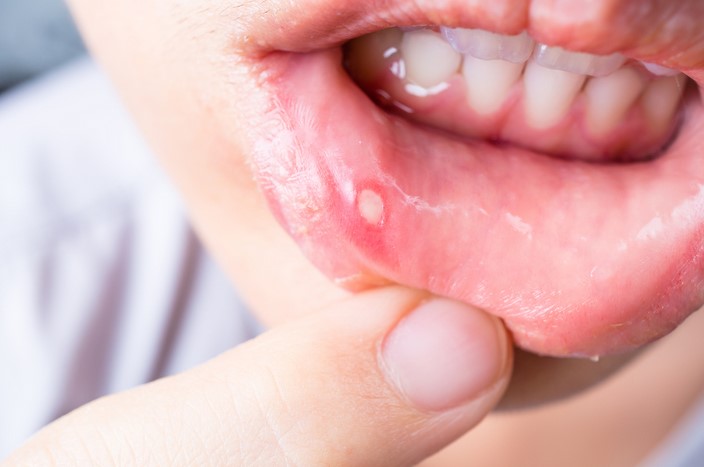
Mouth Sore Treatment: Remedies for Painful Oral Sores is a comprehensive guide that provides information on various treatments and remedies for oral sores. It covers a range of topics including the causes of mouth sores, different types of oral sores, and the various treatment options available. The guide also provides home remedies and lifestyle changes that can help alleviate the pain and discomfort associated with mouth sores. It is a valuable resource for anyone suffering from this common but often distressing condition.
Effective Mouth Sore Treatment: Top Remedies for Painful Oral Sores
Mouth sores, also known as oral ulcers, are a common and often painful condition that can occur on the lips, tongue, gums, or inner cheeks. They can be caused by a variety of factors, including stress, hormonal changes, certain foods, or underlying health conditions. Regardless of the cause, mouth sores can be uncomfortable and disruptive, making eating, drinking, and even talking a challenge. Fortunately, there are several effective treatments and remedies available to alleviate the pain and speed up the healing process.
One of the most straightforward and accessible remedies for mouth sores is a simple saltwater rinse. Saltwater can help to clean the sore and reduce inflammation, providing temporary relief from pain. To prepare a saltwater rinse, dissolve half a teaspoon of salt in one cup of warm water. Swish the solution around your mouth for about 30 seconds, then spit it out. This can be repeated several times a day as needed.
Another popular remedy is the use of over-the-counter topical gels or ointments. These products often contain ingredients like benzocaine, which can numb the area and provide immediate relief from pain. They also form a protective barrier over the sore, preventing further irritation from food or drink. It’s important to follow the instructions on the packaging and avoid applying more than the recommended amount.
For those who prefer natural remedies, honey has been found to have potent antibacterial and anti-inflammatory properties that can help to heal mouth sores. A study published in the Journal of Dental Research, Dental Clinics, Dental Prospects found that honey was even more effective than corticosteroids or traditional over-the-counter treatments at reducing the size and pain of mouth sores. To use honey as a remedy, simply apply a small amount directly to the sore several times a day.
In addition to these treatments, maintaining good oral hygiene is crucial in preventing further infection and promoting healing. This includes brushing your teeth twice a day with a soft-bristled toothbrush, flossing daily, and avoiding spicy or acidic foods that can irritate the sore. Drinking plenty of water can also help to keep the mouth hydrated and reduce discomfort.
While these remedies can be effective in treating mouth sores, it’s important to note that they are not a cure for underlying health conditions that may be causing the sores. If you frequently experience mouth sores, or if your sores do not improve after two weeks of treatment, it’s recommended to seek medical advice. Your healthcare provider can help to identify the cause of your mouth sores and provide appropriate treatment.
In conclusion, mouth sores can be a painful and bothersome condition, but there are several effective treatments available. From simple home remedies like saltwater rinses and honey to over-the-counter topical gels, these treatments can provide relief from pain and speed up the healing process. However, if mouth sores persist or frequently recur, it’s important to seek medical advice to rule out any underlying health conditions. With the right treatment and good oral hygiene, mouth sores can be managed effectively, improving your comfort and quality of life.In conclusion, treatment for painful oral sores can involve a variety of remedies. These can range from over-the-counter medications and topical gels to natural remedies such as rinsing with warm salt water. Prescription medications may also be necessary for severe cases. Maintaining good oral hygiene and avoiding spicy or acidic foods can also help in managing the discomfort and promoting healing. However, if the sores persist for more than two weeks, it is recommended to seek professional medical advice as it could be a sign of a more serious condition.